Nice Tips About How To Deal With Schizophrenia

Take care of yourself when a loved one has schizophrenia
How to deal with schizophrenia. That means making healthy lifestyle changes, taking prescribed medications, and attending medical and therapy appointments. But truly it’s just a survival. It’s important for you, with the help of your doctor, case managers, and loved ones, to figure out.
Explore housing options tip 7: Encourage someone to follow their treatment plan. How to help someone with schizophrenia:
Psychotic symptoms include changes in the way a person thinks, acts, and experiences the world. Schizophrenia symptoms in teenagers are similar to those in adults, but the condition may be more difficult to recognize. Living with schizophrenia impact of symptoms.
Coping tips for loved ones familiarizing yourself with schizophrenia. Symptoms schizophrenia is characterised by significant impairments in the way reality is perceived and changes in behaviour related to: You can meet others with similar experiences by joining support groups for loved ones of.
Recognize the early signs of psychosis psychosis involves false experiences, but there are other warning signs you can look out for too. A psychiatrist experienced in treating schizophrenia usually guides treatment. In some cases, hospitalization may be needed.
A combination of therapy and antipsychotic medications are key to treating episodes of psychosis and schizophrenia in general, says d’souza. Build your support network tip 3: Posted august 31, 2012 | reviewed by ekua hagan
However, research shows that gradual changes in thinking, mood, and social functioning often appear before the first episode of psychosis. This is feeling like the person is disconnected or disengaged. List of all medications and other health information like any allergies.
Schizophrenia cannot be permanently cured; The treatment team also may include a psychologist, social worker, psychiatric nurse and possibly a case manager to coordinate. Once a person starts treatment for schizophrenia, family and friends should be on the lookout for signs of relapse — new hallucinations, delusions, suicidal tendencies, social withdrawal.
Prepare for crisis situations tip 6: Schizophrenia is a challenging brain disorder that often makes it difficult to distinguish between what is real and unreal, to think clearly, manage emotions, relate to others, and function normally. However, treatment can help eliminate the symptoms and reduce the occurrence of episodes.
Watch for signs of relapse tip 5: Schizophrenia symptoms can differ from person to person, but they generally fall into three main categories: People who receive proper treatment for schizophrenia can often live healthy, rewarding lives.
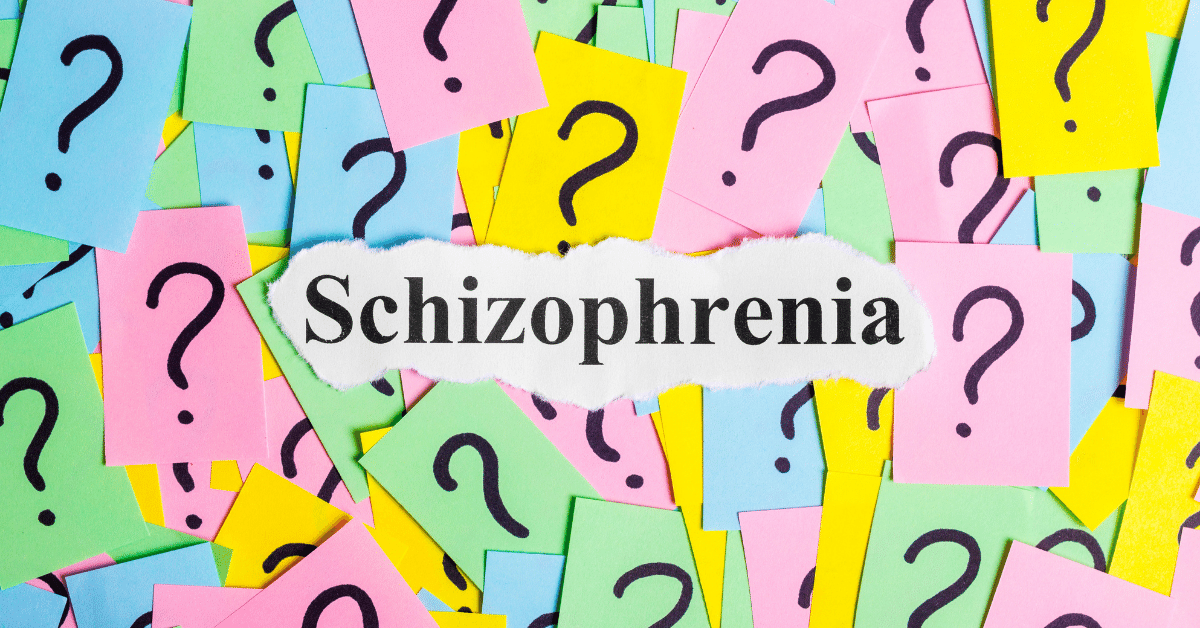
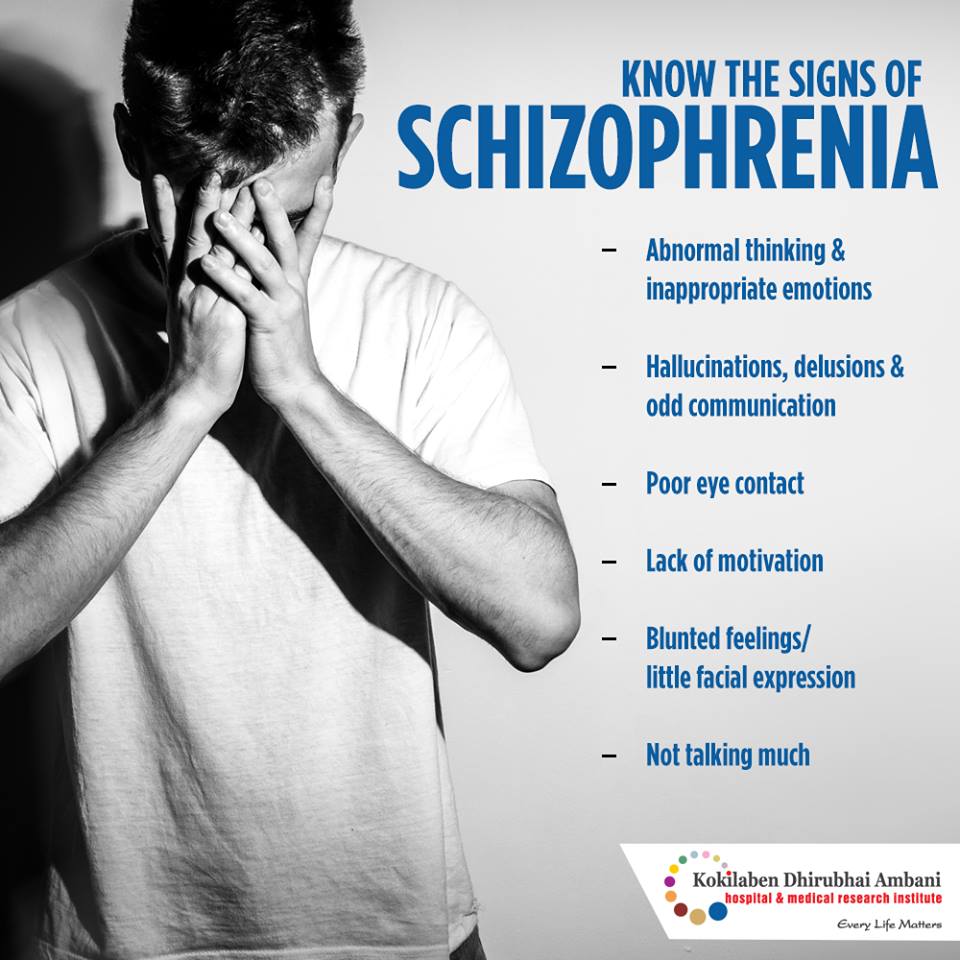

:max_bytes(150000):strip_icc()/schizophrenia-treatments-2330662-86632e6754d0472bb5c2891d6eb94bcd.png)


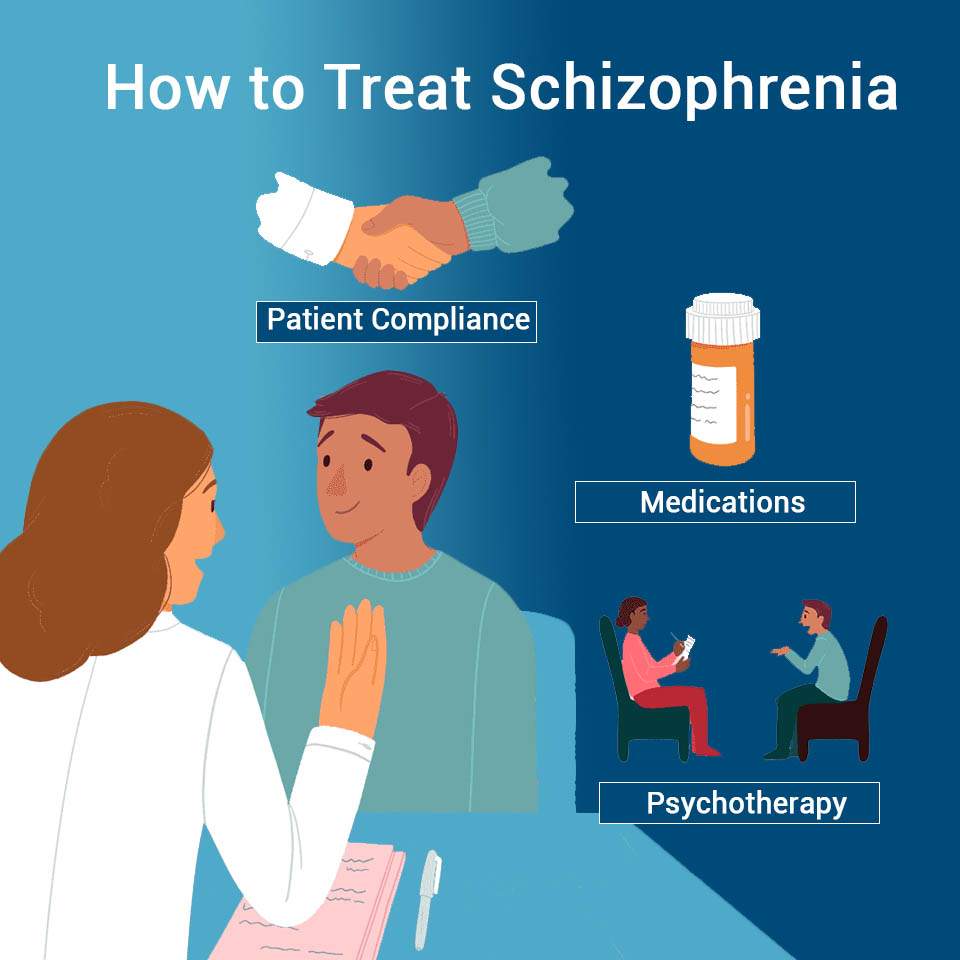
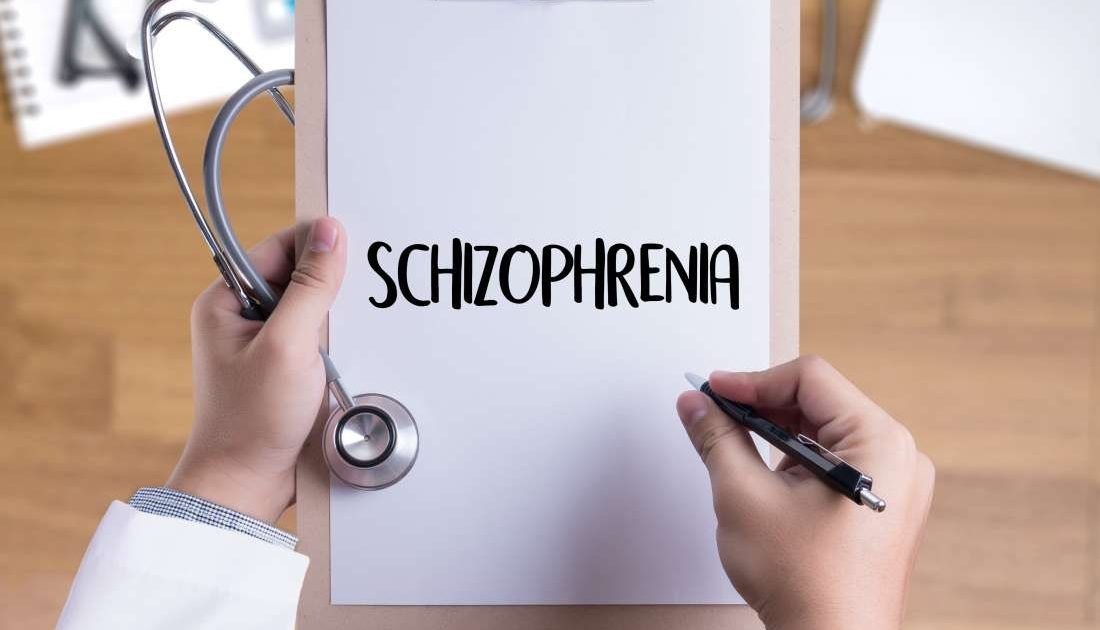



:max_bytes(150000):strip_icc()/coping-with-schizophrenia-2953094-f1a9aede88e846879bd37232778ee6ac.png)
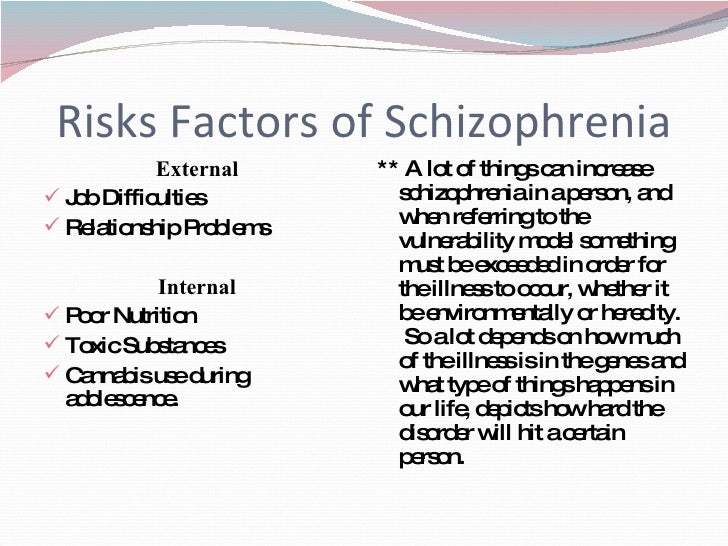

![[Get 25+] Schizoaffective Disorder Brain Fog](https://i.pinimg.com/originals/f4/27/16/f427164f555d51df04ad79b4bcef2b1f.jpg)

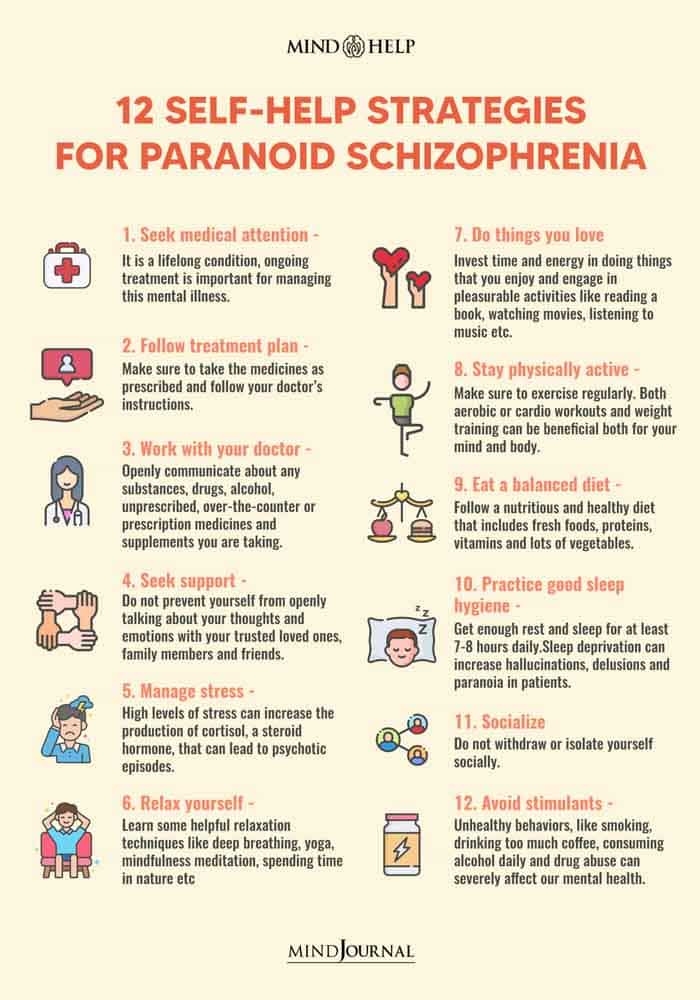

:max_bytes(150000):strip_icc()/what-is-paranoid-schizophrenia-4155331_final-fa6c66e4d61144079a2fa4897743ea39.png)